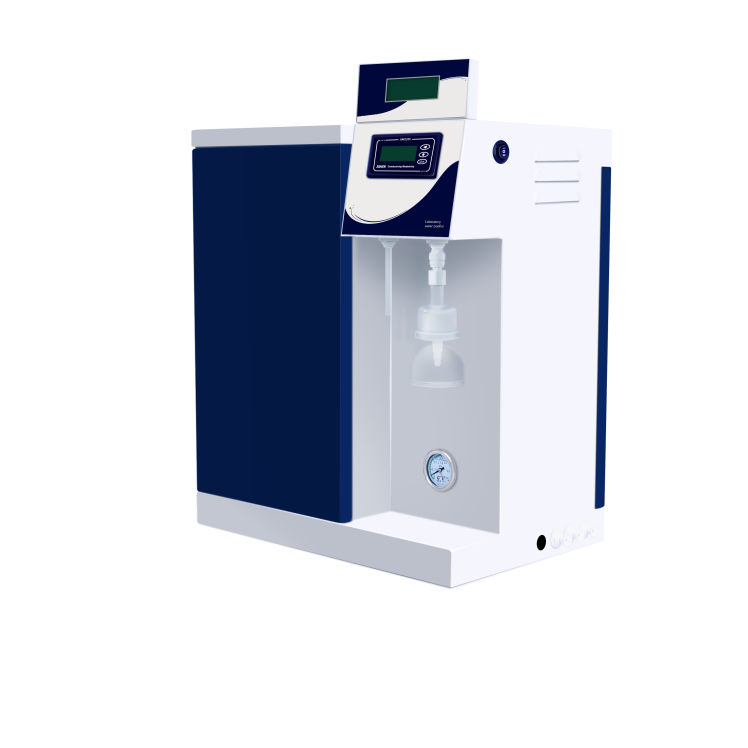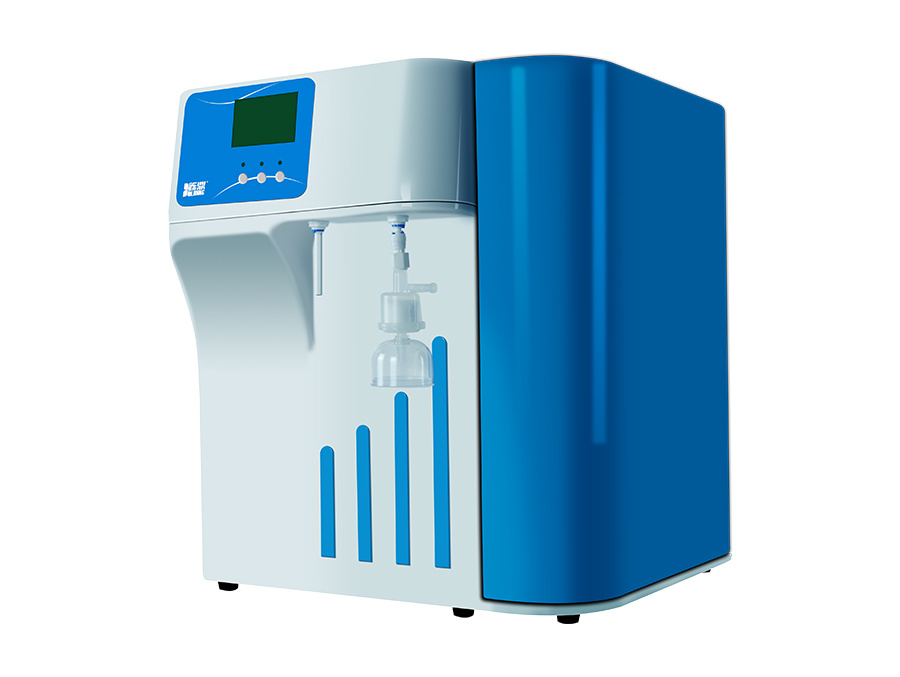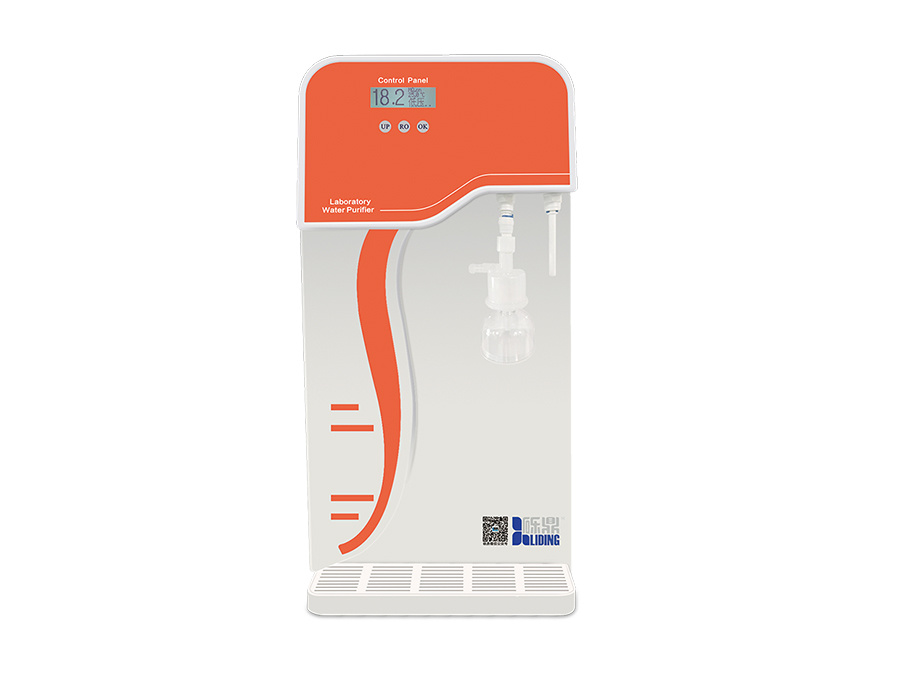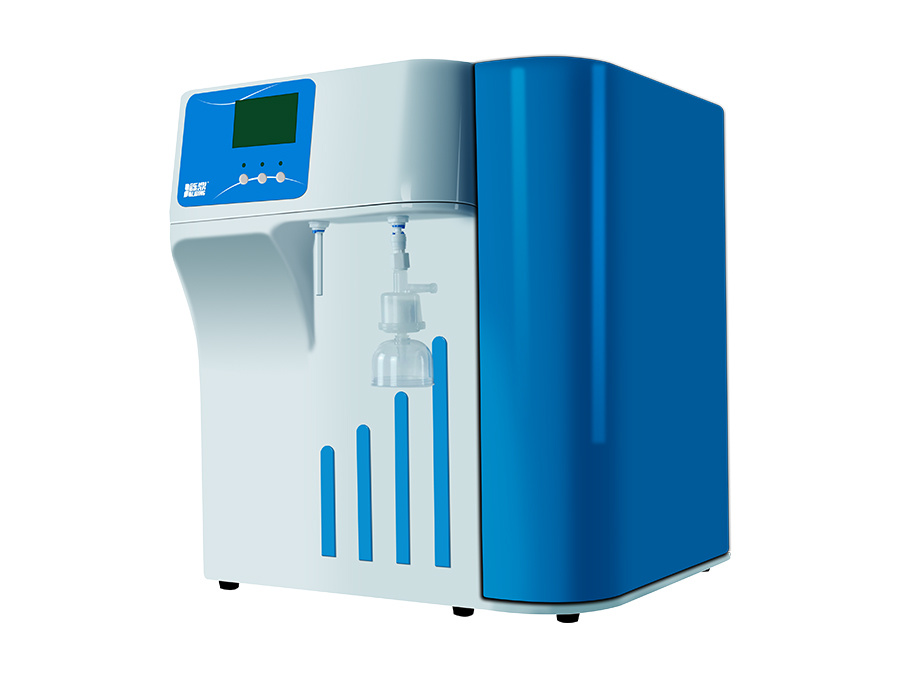The Essential Role of Deionized Water in Industrial Applications
Time:
Jun 14,2025
Deionized water, also known as demineralized water, is a highly purified form of water that has had its mineral ions removed. This process involves the elimination of cations and anions, including calcium, magnesium, sodium, chloride, and sulfate. In industrial settings, particularly in the realm of high-purity water production systems, deionized water plays a crucial role in ensuring the integrity and efficiency of various processes.
The production of deionized water typically involves ion exchange processes, where water is passed through ion exchange resins that capture and remove the charged particles. This method can yield water that is virtually free of dissolved minerals, making it ideal for applications requiring high purity levels. Additionally, reverse osmosis and distillation are also common methods employed to achieve deionized water, often used in tandem with ion exchange for optimal results.
One of the primary applications of deionized water is in the manufacturing of semiconductor devices, where even the slightest impurities can lead to defects in the final product. In this high-stakes industry, the use of deionized water is critical for rinsing and cleaning components to prevent contamination. Similarly, in pharmaceuticals and biotechnology, deionized water is used in the formulation of drugs and in the cleaning of equipment to ensure compliance with stringent regulatory standards.
Moreover, deionized water is essential in analytical laboratories where precise measurements are required. The presence of dissolved minerals can interfere with various tests and analyses, leading to inaccurate results. Thus, using deionized water helps maintain the reliability of experimental outcomes.
In the realm of industrial cooling systems, deionized water is also preferred as it minimizes scaling and corrosion within machinery. Regular tap water, containing various minerals, can lead to deposits that impair system efficiency and longevity. By contrast, deionized water reduces the risk of such issues, contributing to lower maintenance costs and improved operational reliability.
In conclusion, deionized water serves as a vital component in many industrial sectors, particularly within high-purity water production systems. Its ability to enhance product quality, safeguard equipment, and ensure compliance with industry standards underscores its importance. For companies invested in maintaining high operational standards, integrating deionized water into their processes is not merely beneficial; it is essential for success in today's competitive marketplace.
The production of deionized water typically involves ion exchange processes, where water is passed through ion exchange resins that capture and remove the charged particles. This method can yield water that is virtually free of dissolved minerals, making it ideal for applications requiring high purity levels. Additionally, reverse osmosis and distillation are also common methods employed to achieve deionized water, often used in tandem with ion exchange for optimal results.
One of the primary applications of deionized water is in the manufacturing of semiconductor devices, where even the slightest impurities can lead to defects in the final product. In this high-stakes industry, the use of deionized water is critical for rinsing and cleaning components to prevent contamination. Similarly, in pharmaceuticals and biotechnology, deionized water is used in the formulation of drugs and in the cleaning of equipment to ensure compliance with stringent regulatory standards.
Moreover, deionized water is essential in analytical laboratories where precise measurements are required. The presence of dissolved minerals can interfere with various tests and analyses, leading to inaccurate results. Thus, using deionized water helps maintain the reliability of experimental outcomes.
In the realm of industrial cooling systems, deionized water is also preferred as it minimizes scaling and corrosion within machinery. Regular tap water, containing various minerals, can lead to deposits that impair system efficiency and longevity. By contrast, deionized water reduces the risk of such issues, contributing to lower maintenance costs and improved operational reliability.
In conclusion, deionized water serves as a vital component in many industrial sectors, particularly within high-purity water production systems. Its ability to enhance product quality, safeguard equipment, and ensure compliance with industry standards underscores its importance. For companies invested in maintaining high operational standards, integrating deionized water into their processes is not merely beneficial; it is essential for success in today's competitive marketplace.








